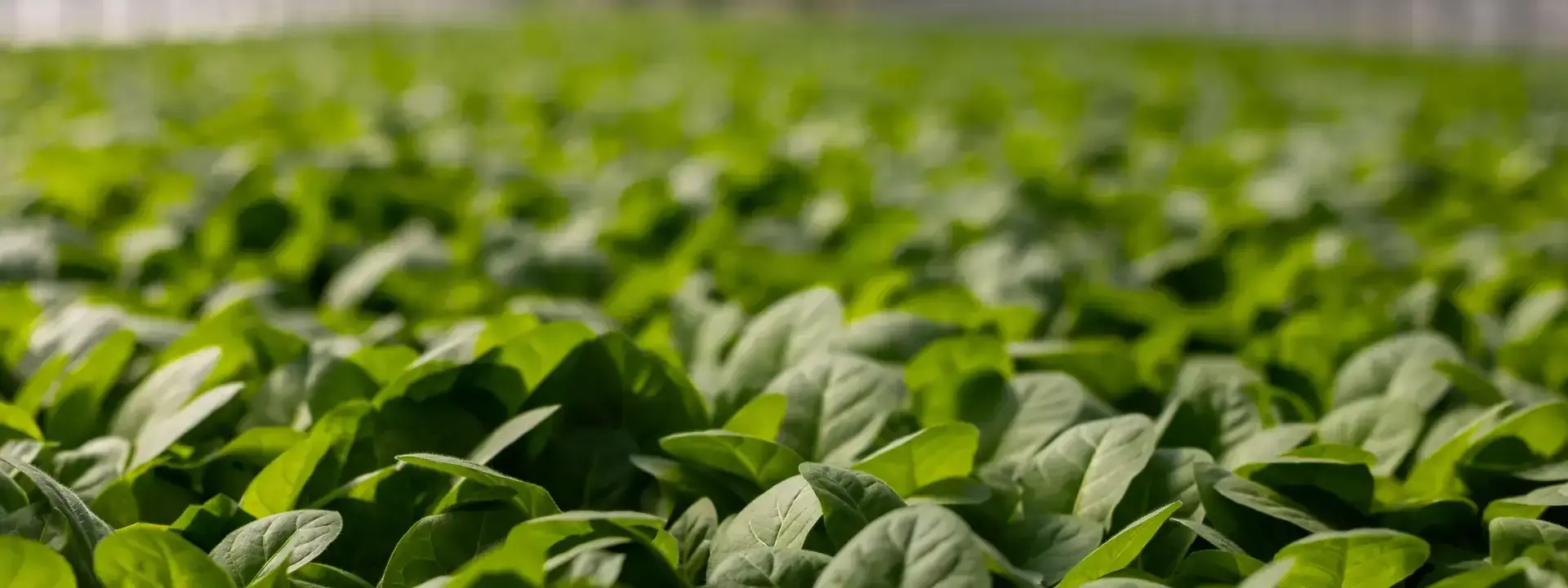
Agriculture Job Description
What is a Agriculture Professional?
An agriculture expert is a person who is an expert in the field of agriculture. They may be involved in research, teaching, or extension work. They may also be involved in farm management or agronomy. An agriculture expert may be involved in research on new and improved ways to grow crops or raise livestock. They may also be involved in teaching others about agriculture. Extension work may involve working with farmers and ranchers to help them improve their operations. Farm management may involve making decisions about what crops to grow, how to care for the land, and how to market the farms products. Agronomy may involve working with farmers to improve their soil and crop production.

What does a Agriculture Expert do?
An agricultural expert is someone who is highly knowledgeable in the area of agriculture and can offer advice and guidance on a range of topics related to this field. Agricultural experts typically have a deep understanding of farming practices, crop production, and soil science, among other things. They may work with farmers to help them improve their yields, develop new farming methods, or troubleshoot problems with their crops or land. In some cases, agricultural experts may also be involved in research and development projects aimed at improving the overall efficiency of the agricultural industry.

What are the Skills of a Agriculture?
A career in agriculture can be extremely rewarding, both personally and professionally. Agriculture experts play a vital role in ensuring that our food supply is safe and nutritious, and that our landscapes are healthy and productive. They also help to ensure that farmers and other food producers are able to operate sustainably and profitably. To be successful in this field, agriculture experts need to have a strong foundation in the sciences, including biology, chemistry, and physics. They should also be well-versed in agricultural production systems and practices, and have a good understanding of the business side of agriculture. In addition, excellent communication and interpersonal skills are essential, as agriculture experts often need to interact with people from a variety of backgrounds.
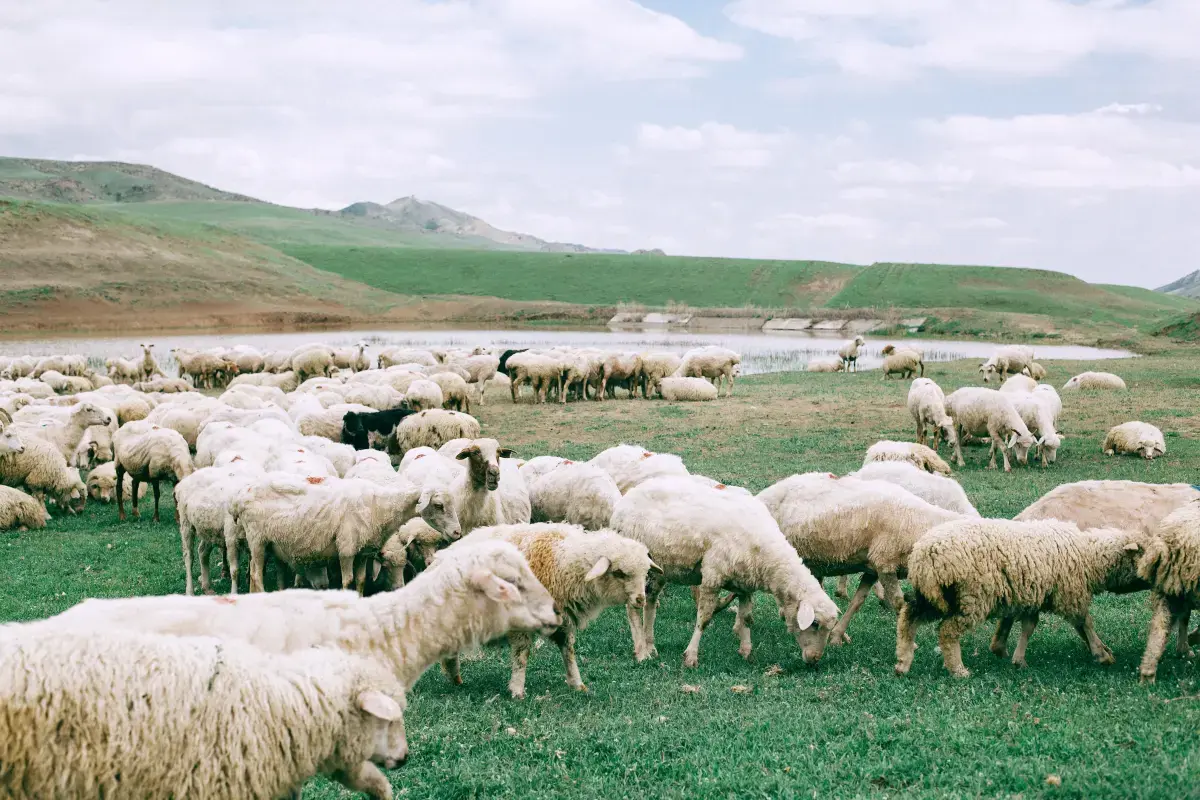
What makes an Expert Agriculture?
Here are some specific skills and experience that an agriculture expert might need: • A bachelor’s degree or higher in agriculture, agronomy, soil science, horticulture, or a related field • Experience working in an agricultural production setting, such as a farm, ranch, or greenhouse • Knowledge of best practices for crop production, animal husbandry, and land management • A strong understanding of the principles of agroecology • Experience conducting research and writing scientific reports • Excellent communication and interpersonal skills • The ability to work independently and as part of a team • The ability to think critically and solve problems • The ability to think creatively and come up with innovative solutions • The ability to work well under pressure and meet deadlines
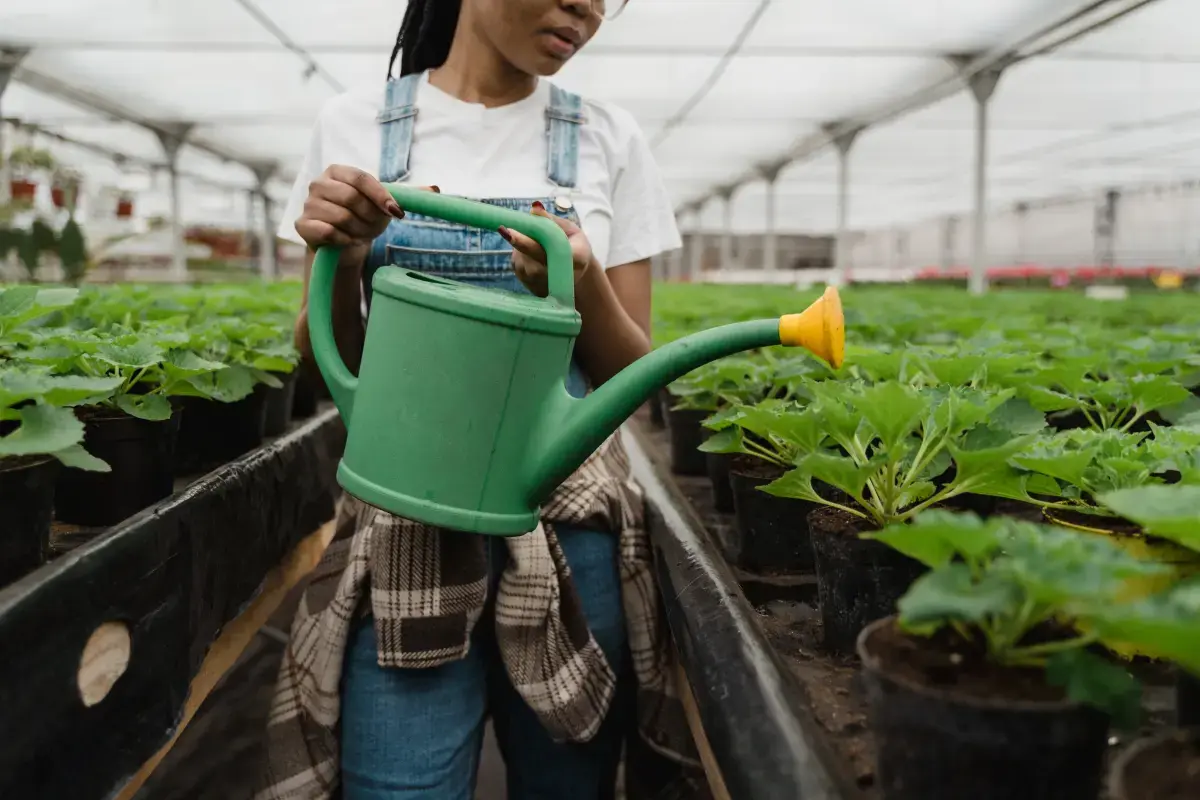
What level of Experience & Qualifications are required to be a Agriculture?
Industry Experience: Working on a farm, ranch, or in an agricultural setting to gain practical knowledge is essential for becoming an expert agriculture worker. Familiarity with equipment and machinery commonly used in the industry such as tractors, balers, combines, tillers and irrigation systems is also important. 2. Training: Employers often want applicants to have specialized training related to their specific job duties such as pest management or animal husbandry courses that teach skills needed for working with crops or livestock. Other possible areas of study may include genetics and biotechnology applications in agriculture, sustainable farming practices and marketing strategies for food products. 3. Qualifications: Certain qualifications may be required depending on the nature of the position being applied for such as a Certificate III (or equivalent) qualification from registered training organisation (RTO) accredited by the Australian Quality Framework; experience working with large scale commercial farms; proficiency operating various types of farm machinery; plant nutrition expertise; understanding of risk management measures when handling hazardous materials/equipment; understanding basic chemical safety regulations etc.. Additionally employers may require workers to hold specific certifications including pesticide applicator’s license etc.. 4 Education: Depending on employer preferences there are several educational paths available however some employers prefer postgraduate studies which can lead to advanced research positions within universities or government laboratories/agencies conducting investigations into advances in crop production techniques etc.. Alternatively bachelor degrees are generally viewed favourably when seeking work within agribusiness sectors involving sales/marketing roles particularly those relating international trade markets etc.. Finally lower level certificates through TAFE colleges represent another avenue that can allow entry into more hands-on field-based jobs associated with physical labor tasks in all facets of primary production activities across multiple industries including dairy farming & horticulture operations amongst others...
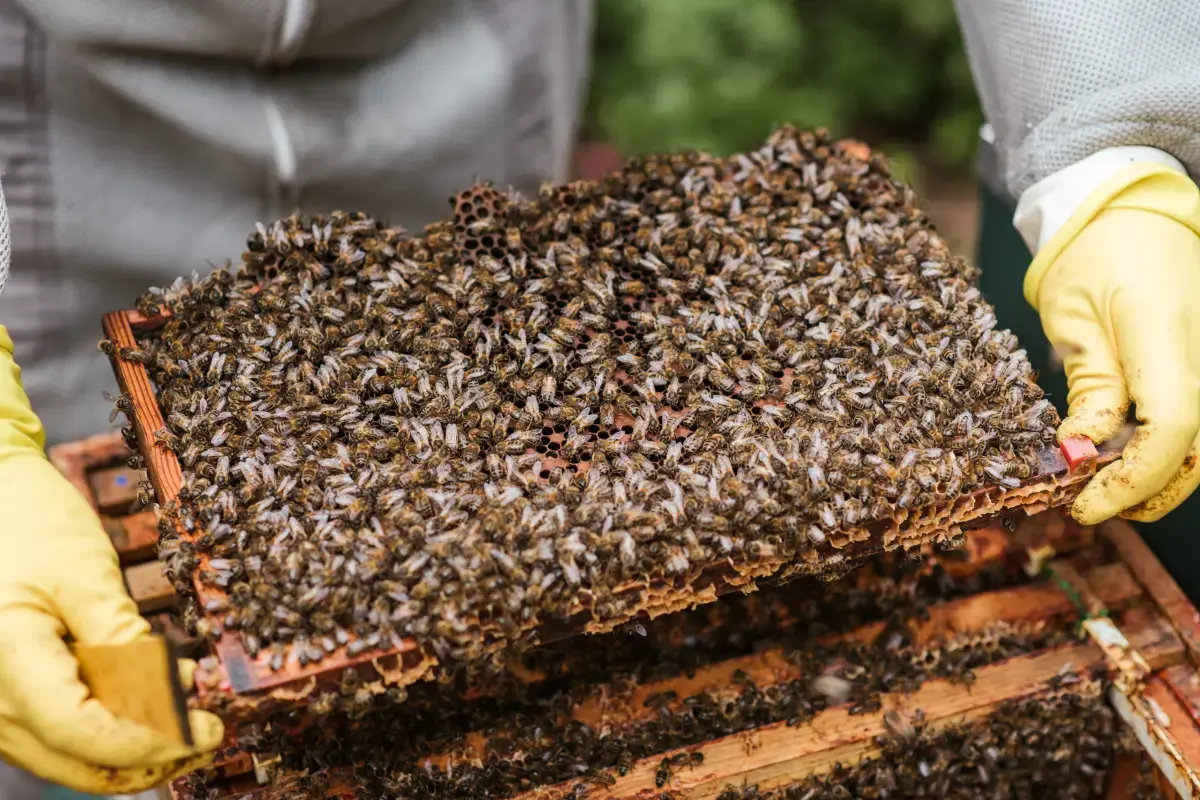
What is the Salary of a Agriculture?
The salary range of an agriculture worker will vary depending on the type and size of agricultural operation, as well as experience level. Junior level workers with little to no prior experience can expect salaries ranging from minimum wage ($7.25 per hour) up to about $12 per hour for entry-level positions such as crop scout or farmhand. With additional experience and/or specialized skills related to specific crops or machinery, those in junior roles may be able to earn upwards of $15 per hour. Mid-level agricultural workers (2 - 5 years of direct experience in production agriculture) should anticipate earning between $17 - 22 per hour while experienced professionals (5+ years’ worth of hands-on farming knowledge) can command wages that may reach up to approximately $30+ hourly for the most qualified individuals, particularly those working within larger operations such as commercial farms or research & development centers.
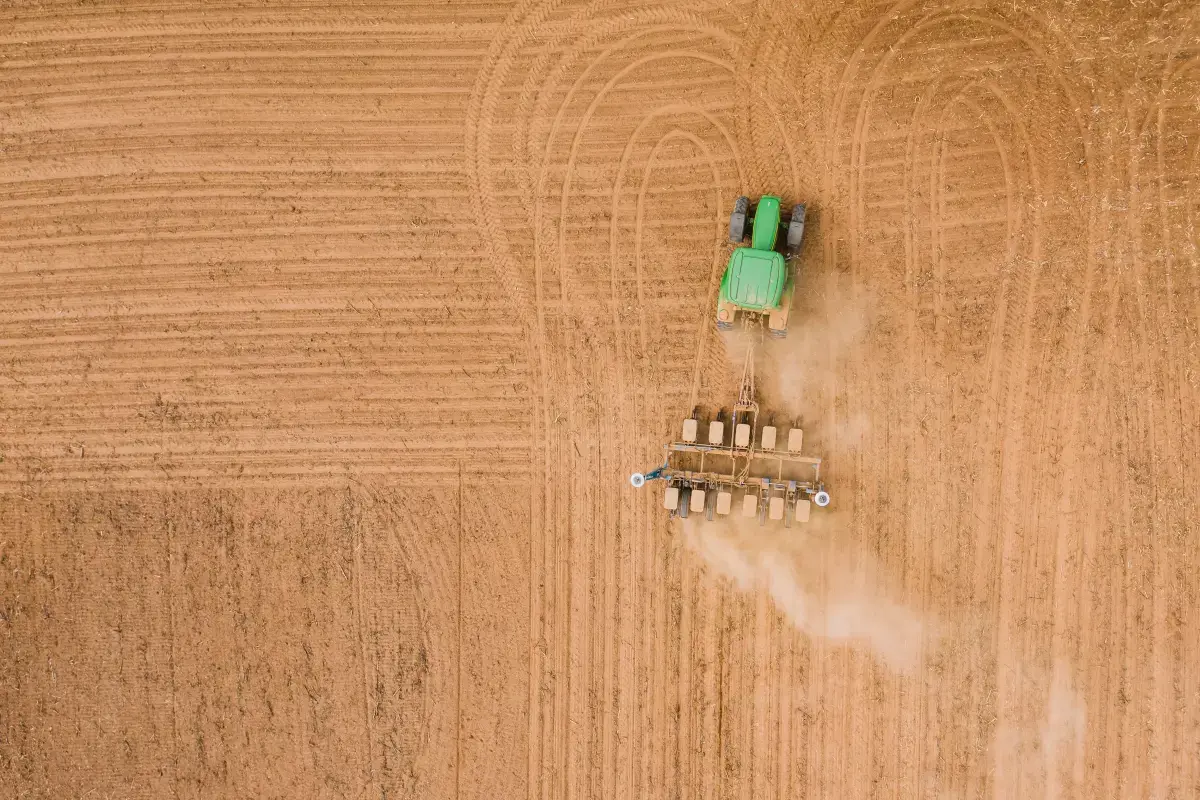
What are the Working Conditions for a Agriculture?
Agriculture workers are employed in a variety of settings, including outdoor fields and indoor greenhouses. They often work long hours in varying weather conditions while performing repetitive physical labor. Depending on the type of agricultural job, duties may involve planting crops, harvesting produce, applying pesticides or fertilizers to plants and soil, operating farm equipment such as tractors or harvesters and loading materials onto trucks for shipment. Most employers provide necessary safety gear to protect workers from potential dangers associated with this profession; however, these items may not always be adequate for the task at hand. Injuries due to falls or exposure to chemicals are common among agricultural workers. Additionally, some jobs require working near high-powered machinery that can cause serious harm if used inappropriately. Despite the hazardous working conditions associated with many agriculture jobs, employees typically receive decent wages for their labor and may even qualify for overtime pay if they work additional hours outside their normal shift schedule
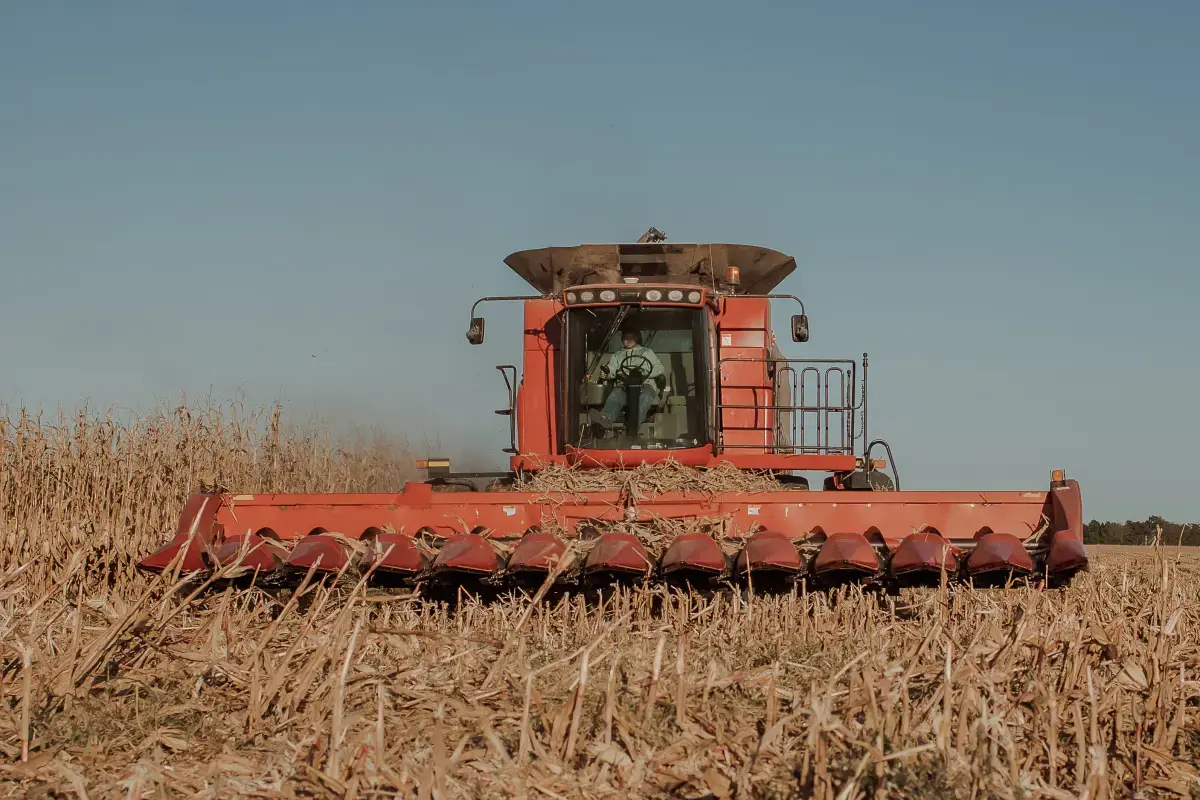
What are the roles and responsibilities of a Agriculture?
Providing expert advice on all aspects of agriculture
Designing and implementing agricultural development programs
Conducting research on new and improved ways to increase crop yields
Studying the effects of pests and diseases on crops and finding ways to control them
Providing advice on irrigation and drainage systems
Selecting and testing new varieties of plants and animals
Investigating the effects of chemicals and other agents on crops and soil
Providing advice on the use of farm machinery and equipment
Supervising the construction of agricultural buildings and other structures
Planning and supervising the planting and harvesting of crops
Maintaining records of farm production and costs
Buying and selling farm products
Transporting farm products to market
Marketing farm products
Providing financial and legal services to farmers
Providing advice on farm management and farm economics
Teaching agriculture at the college level
Conducting extension education programs for farmers
Writing articles on agricultural topics for magazines and journals
Serving on boards and commissions concerned with agricultural policy
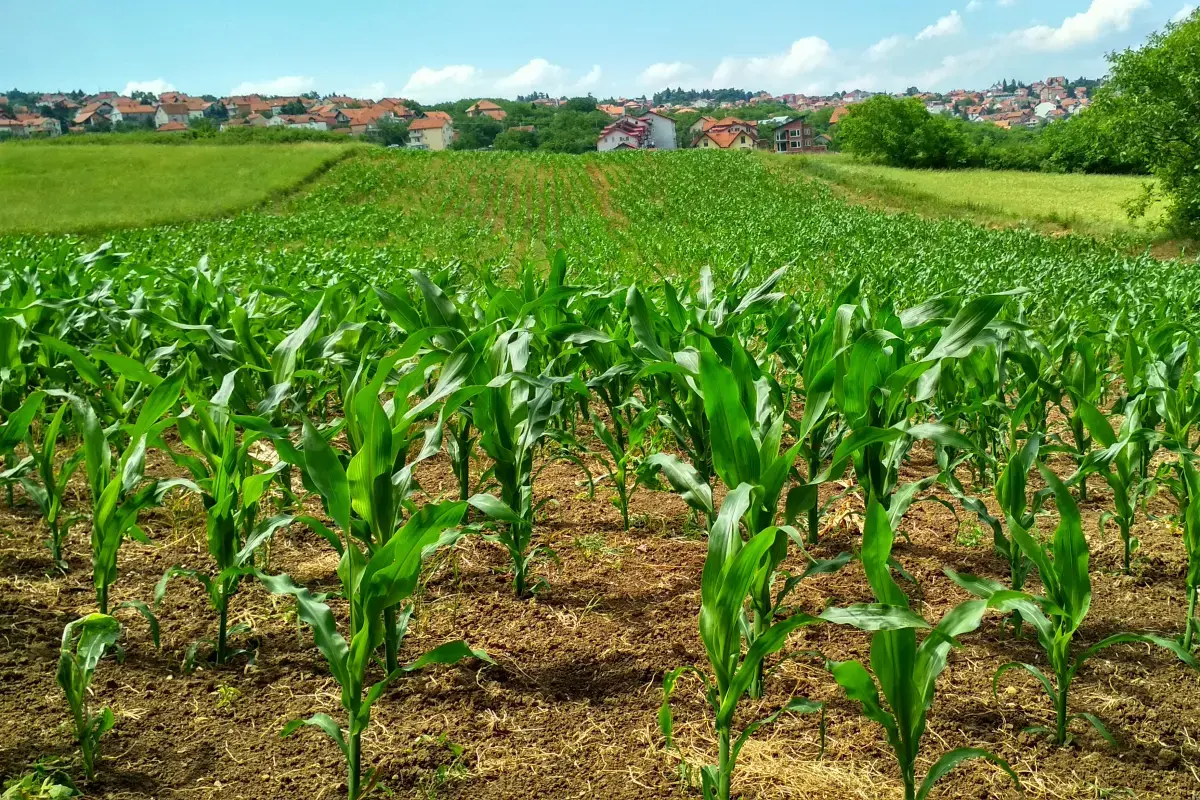
Where can I find Agriculture jobs?
- Create a profile on gigexchange and promote your Agriculture skills to advertise you are Open to New Work Opportunities
- Ensure your Resume (or CV), or online work profile is up to date and represents your skills and experience. Ensure your reputation reflects your ability & attitude.
- Apply for Agriculture Jobs advertised on gigexchange.
- Practise Agriculture interview techniques to ensure you represent your personality and ability succinctly and confidently.
- Accept the job offer if the salary meets your expectations and the employer mission and purpose reflects your core values.
Jobs
What are the best job boards for Agriculture Laborer jobs?

How can I hire Agriculture staff online for my business?
The best job board for recruiting Agriculture experts is gigexchange.com. Advertise full-time, part-time or contract jobs to find, hire & recruit trusted, experienced and talented Agriculture candidates near you.

Are Agriculture roles in demand in 2026?
Agriculture experts are still in high demand in 2026. If you are an experienced Agriculture or looking to train and become one. The job market is looking strong for Agriculture jobs near me.